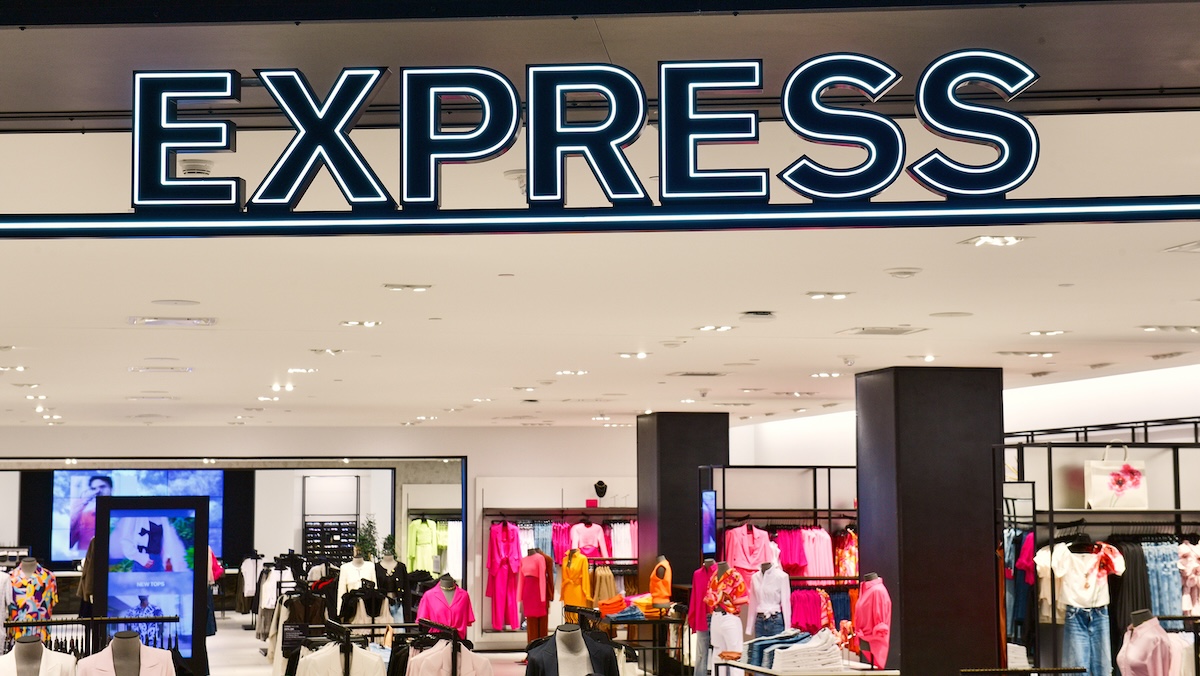(NECN: Peter Howe, Boston) - A day after splitting 3-2 on a preliminary vote, the Massachusetts Gaming Commission unanimously voted Friday morning to award the license for the one slots parlor being developed under the November 2011 gambling law to Penn National’s Plainridge Racecourse, the harness track in Plainville.
Penn National president and CEO Tim Wilmott said the project will create 1,000 construction jobs and 500 new permanent jobs when it opens in the second quarter of 2015. "We look forward to being part of this great state and getting these jobs started as fast as we possibly can," Wilmott said.
Gaming Commission chairman Stephen P. Crosby said the project will create $250 million in tax and licensing revenue for the state in the first two years and then $60 million annually after that.
Wilmott said he is not worried about having to compete with Twin River Casino in Lincoln, R.I., which is just 12 miles away as the crow flies, about 15 to 20 miles driving.
"We know that Twin River is a very successful operation, does about $40 million of gaming revenue per month," Wilmott said in a brief NECN interview after a press conference at the Boston Convention and Exhibition Center, where the gaming commission has been meeting and deliberating this week. "We know a lot of that revenue comes from Massachusetts. We have a great location right off Interstate 95 and Route 1, and we think we'll offer a much more convenient location for Massachusetts customers to visit us and not have to go into Rhode Island. We're not afraid of competition. We know they're a formidable competitor, and we think we can compete very, very well."
Wilmott also said Penn National is unfazed by the possibility of a November ballot question repealing the casino law and said, “We won’t slow down” on construction. Whether the ballot question goes before voters depends on a ruling by the Supreme Judicial Court expected this spring or summer.
"We see the polling as well," Wilmott said. "We think a lot of the issues that have been in the voters’ minds here have been concerns about casinos in their back yards. Now that they know it's going to be in Plainville, in Springfield, in Boston" – either the Mohegan Sun plan next to Suffolk Downs in Revere, or Wynn Resorts casino on the Mystic River in Everett – "a lot of the concern, I think, is going to be tempered."
Business
"Many people in the state are going to Connecticut, going to Rhode Island, and we think that's going to carry the day if there happens to be another vote," Wilmott said. "If there is a ballot question, we're going to fight for the right outcome. We have a lot of experience with political battles in other parts of the United States, and we feel confident we're going to get the right outcome here."
The Gaming Commission spent much of this week debating the relative economic merits of the slots parlor proposals in Plainville, Leominster, and at Taunton-Raynham Park in Raynham, the former greyhound track. But it will soon have to pivot to being a close overseer and regulator of the facility.
"For the next 50 years, we will be the regulators of the industry, just like regulators across the country, and there are manifold criteria." Minimizing "problem gambling is one of the most important, but all of the operations of the facility, the managing of the cash, the way records are kept, the payments of the tax fee, the supervision of the games -- there's a whole host of other aspects of regulation," Crosby said. "There's a whole range of regulatory systems that will be put in place. It's an incredibly highly regulated industry, and we'll be doing that as much as everybody else."
Crosby added: "I think we will try to be hands-off regulators. Some people have said, 'We don't just want to regulate. We want to trust. We want to be picking operators that share our values, so we don't have to micromanage.' But it is our job to protect the interests of the public -- and we will be doing that," Crosby said, adding that key questions for the commission are "will people believe participants and the public that the process is on the level? Will we get top-quality, first-rate operators? Will we generate jobs? Will we make these outward-looking, collaborative organizations that lift all boats, not just their own? Those are the steps that we're working on now."
With videographer Rich Mazzarella



